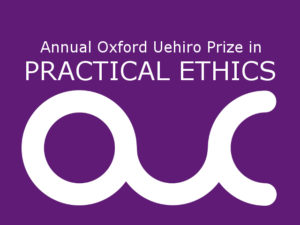Written by Dominic Wilkinson, University of Oxford
Ernst Kuipers, the Dutch health minister, recently announced that regulations were being modified to allow doctors to actively end the lives of children aged one to 12 years who were terminally ill and suffering unbearably.
Previously, assisted dying was an option in the Netherlands in rare cases in younger children (under one year) and in some older teenagers who requested voluntary euthanasia. Until now, Belgium was the only country in the world to allow assisted dying in children under 12.
Under the proposal, it will remain against the law for doctors in the Netherlands to actively end the life of a child under the age of 12. However, a force majeure clause gives prosecutors the discretion not to prosecute in exceptional circumstances.
In 2005, Dutch doctors and legal experts published guidelines (the so-called “Groningen protocol”) elaborating when these exceptional circumstances would apply for infants under the age of one year. That included certainty about diagnosis and prognosis, “hopeless and unbearable suffering”, the support of both parents and appropriateness confirmed by an independent doctor.
The new regulations would allow the same principles to apply to children between one and 12 years of age.Read More »Cross Post: Dutch Government to Expand Euthanasia Law to Include Children Aged One to 12 – An Ethicist’s View


